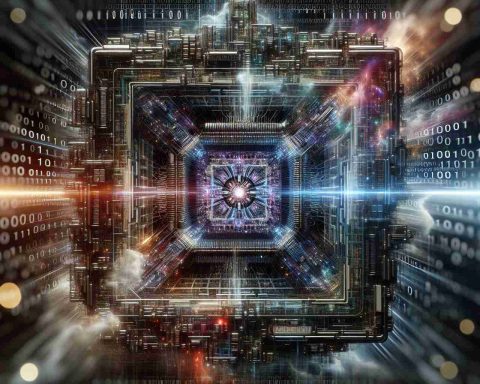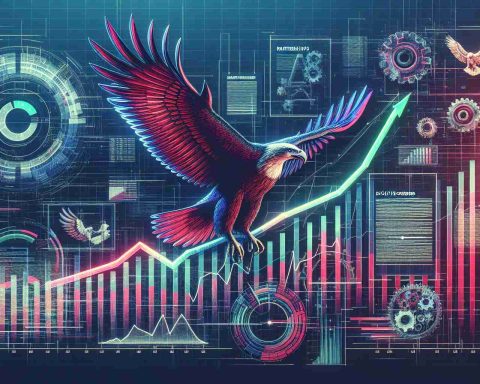Artificial intelligence (AI) has increasingly permeated daily life, raising various perspectives on its development and implications. While some countries embrace AI as an advancement, others view it as a potential threat to employment. In the Czech Republic, there is a prevalent fear regarding AI’s impact on job stability, contrasting sharply with the more optimistic American outlook.
Renowned mathematician and AI researcher Filip Dvořák, who has studied the technology for over fifteen years, highlights these differing perceptions. In a discussion, he explained that in many areas, AI is seen as a harbinger of job loss, whereas in the United States, it is typically seen as an opportunity for personal and professional growth. This disparity stems largely from media portrayals that emphasize the risks of AI without communicating its beneficial aspects.
According to Dvořák, AI must be recognized as a transformative tool that can add value to society. While certain jobs may disappear, new roles will emerge, as has been the case with previous technological revolutions throughout history. He reassures that the existential threat often associated with AI is largely mythological and rooted in cultural narratives.
Despite the positive potential of AI, anxieties surrounding its use persist. This ambivalence, stemming from historical anxieties about technological advancement, continues to stir debate about our relationship with intelligent machines and the future they herald.
The Dual Perception of Artificial Intelligence in Society
Artificial Intelligence (AI) has sparked diverse reactions globally, revealing a complex interplay between optimism and apprehension. While certain regions celebrate AI’s potential, others remain cautious or even resistant, underscoring a dual perception that shapes society’s engagement with this technology.
What are the key factors influencing society’s perception of AI? Several variables contribute to the mixed views on AI: economic conditions, cultural contexts, education levels, and media narratives. For instance, in economically unstable areas, the fear of job displacement tends to overshadow AI’s benefits. Conversely, in tech-forward economies, AI is frequently viewed through the lens of innovation and the creation of new industries.
What challenges and controversies are associated with the rise of AI? One of the most significant challenges is the ethical use of AI, particularly regarding data privacy and surveillance. The integration of AI in daily life raises concerns about how personal data is collected, stored, and utilized. Additionally, the lack of accountability for AI decisions creates uncertainty—who is responsible when an AI system makes a mistake? Furthermore, disparities in AI access and application can exacerbate societal inequalities, leading to a digital divide.
What are the advantages and disadvantages of AI in society?
Advantages:
1. Efficiency and productivity: AI can automate routine tasks, increasing efficiency and allowing humans to focus on more complex, creative initiatives.
2. Better decision-making: AI systems can analyze vast amounts of data quickly, providing insights that aid decision-making in fields such as healthcare, finance, and logistics.
3. Enhancing personal experiences: In areas like entertainment, AI customizes user experiences, offering personalized recommendations that enhance satisfaction.
Disadvantages:
1. Job displacement: As AI systems become capable of performing tasks traditionally done by humans, there is a genuine concern about job losses.
2. Security risks: AI can be manipulated for malicious purposes, such as creating deepfakes or automated hacking, leading to significant security threats.
3. Bias in AI: Algorithms can propagate existing biases if they are trained on data that reflects societal prejudices, leading to unfair outcomes in critical areas like hiring, law enforcement, and credit scoring.
What do experts predict for the future of AI? According to industry analysts and futurists, the future of AI entails a co-evolution with humanity. Innovations in AI are expected to create hybrid job roles that require human skills complemented by AI capabilities. Furthermore, as AI technologies become more integrated into governance and societal frameworks, ethical guidelines and regulations will likely evolve to address the challenges posed by this powerful tool.
In conclusion, the dual perception of AI in society encapsulates a spectrum of beliefs that reflect broader fears and hopes about technological advancement. Moving forward, fostering informed discussions about AI’s implications and developing frameworks to manage its impact will be crucial for ensuring that its benefits are realized while minimizing potential harm.
For more information on the effects of AI in modern society, visit MIT Technology Review.

















